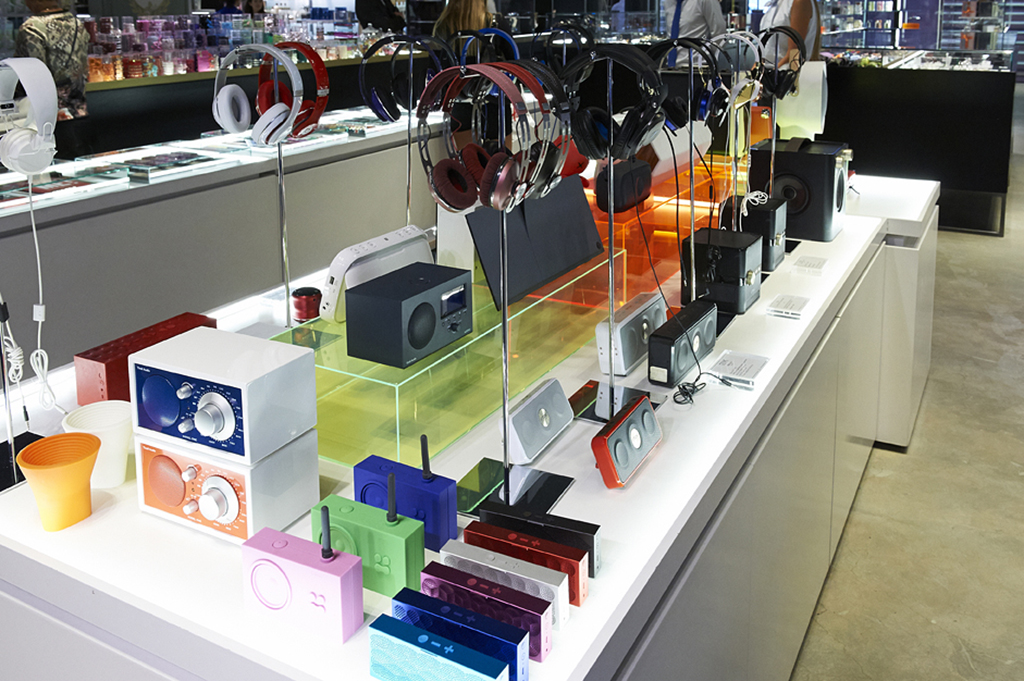It really isn’t until you get started paying for things like display stands and marketing materials that you realise how expensive the average trade show can be. Every business across the board will to some extent have a very specific budget in mind when it comes to how much can be spent on any given trade show, though suffice to say a pretty huge proportion of these businesses end up vastly exceeding their own expectations.
The good news however is that for those with the desire to stretch each and every penny as far as possible, there are dozens of ways and means by which trade shows can be made at least slightly less expensive. Of course some of the suggestions are more workable than others, but give genuine thought to the following 10 examples and chances are you’ll find yourself coming out with a welcome reduction in expenses when the dust settles:
- First of all, instead of just blindly attending each and every slightly relevant trade show that lands within 200 miles, think instead about focusing your efforts and indeed your finances on a more select contingency of shows. This will not only save you money, but also help ensure that each trade show you attend gets your complete and undivided attention.
- Invest in high quality hardware from day one, rather than buying the kinds of posters, banners and other such materials that have to be replaced on a regular basis. Premium hardware may be more expensive to pick up in the first place, but could save you a fortune long-term.
- Don’t fall into the trap of assuming that the biggest and most illustrious trade shows on the calendar represent the very best trade shows for your business. Not only do they tend to be the most expensive, but you’ll also face the stiffest competition.
- Think about investing in modular hardware which can be used in a variety of different ways and thus can be adapted to the needs of pretty much any kind of trade show that comes along.
- Also on the subject of hardware, it’s a good idea to think about buying only the kind of hardware that is designed to be as portable and easy to transport as possible. The reason being that if you find yourself in a position where you have to hire trucks and vans every time you need to get to any given trade show, these transportation expenses alone will soon stack up.
- Try to remember that it isn’t necessarily the be all and end all of things to net yourself the most prestigious and indeed the most expensive spot within the exhibition hall. There will always be certain locations which for obvious reasons are in high demand than others, but there’s nothing to say that while at the trade show you cannot leave your desk and do a bit of manual headhunting…customer-wise.
- Be very careful when it comes to staffing your trade show booth as it can be nothing less than fatal to line yourself with too few or too many staff. Think not necessarily about numbers, but rather of the competence and professionalism of each team member.
- It may sound like a rather silly and obvious suggestion…which to some extent it is…but you will save a small fortune by getting out of the habit of eating and drinking from the stalls and kiosks around the event hall. Take along enough refreshments and essentials to keep you going for the whole day and chances are you will save a small fortune.
- One rather large expense to be factored into a trade show budget is that of accommodation for those traveling to the show. As such, don’t assume you can get away with it and try instead to make the switch to having the trade show team return home after the event by way of overnight coach or trade service.
- Last but not least, perhaps the single most important thing you can do when it comes to making savings on future trade show attendances is to review exactly what you did last time and work out what didn’t work and thus can be either removed from the equation or modified significantly. From ineffective marketing materials to free gifts nobody wanted and right through to brochures and leaflets that turned out to be pointless, there are always various ways and means to economise.
